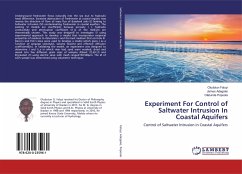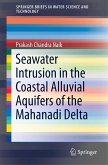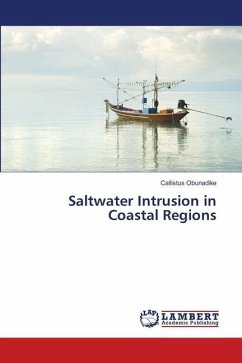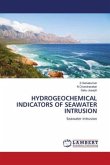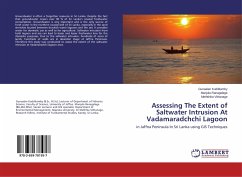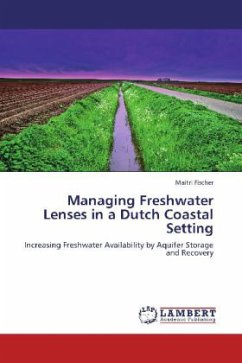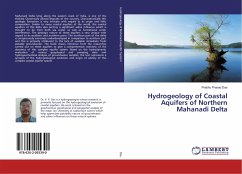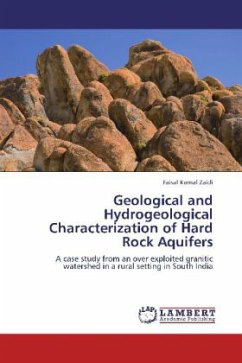Underground freshwater flows naturally into the sea due to hydraulic head difference. Excessive abstraction of freshwater at coastal regions may reverse the direction of flow of mass flux of dissolved salts (J) leading to Saltwater Intrusion (SI) contaminating freshwater in coastal aquifers. The existing SI models are insufficient because porosity ( ), hydraulic conductivity and attenuation coefficient ( _x) of the medium are theoretically chosen. This study was designed to investigate SI using experimental approach to develop a model that incorporates empirical properties of medium to determine J and the best medium that controls SI. Darcy's and Fick's laws were used to develop a model which gives J as a function of seepage velocity(v), volume flux(Vx) and effective diffusion coefficient(Do). In validating the model, an experiment was designed to determine J and _x in which river bed sand were washed, dried and sieved into five different grain sizes of samples A(least ),B,C,D and E(greatest ) using electric sieve with mesh ranged150-500mim. The Ø of each sample was determined using volumetric technique.
Bitte wählen Sie Ihr Anliegen aus.
Rechnungen
Retourenschein anfordern
Bestellstatus
Storno

